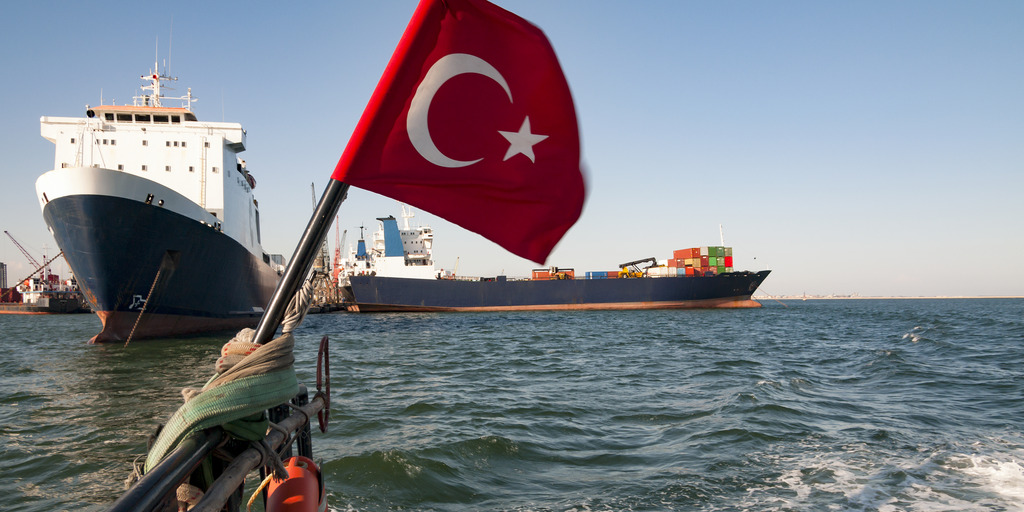Up to now, the customs union between the EU and Turkey has been a win-win situation: it allowed a continuous increase in mutual trade and contributed to commercial gains on both sides. But this productive collaboration may be approaching a turning point. New EU trade agreements, such as the Transatlantic Trade and Investment Partnership (TTIP), would be clearly disadvantageous for Turkey as a non-EU member. The customs union that has been so successful until now could turn into a one-way street for Ankara. Because of the customs union, Turkey would be forced to lower its duties on imports from new EU trade partners, like the USA. Since Ankara is not an EU member, however, the Turks could not expect equivalently lowered duties for their exports to these countries. One way out might be to expand the EU-Turkish customs union. That is the recommendation of experts at the Bertelsmann Stiftung, based on a study carried out by the ifo institute at the request of the Bertelsmann Stiftung, published on Friday.
Without a modified EU-Turkey Trade Agreement, Turkey faces the threat of significant foreign trade losses. The potential welfare loss in the medium term, about 0.01 percent of Turkish GDP, is relatively small, but certain Turkish export sectors could expect substantial losses. The automotive and mechanical engineering sectors could experience declines in trade volume of 10 and 4 percent, respectively. If further long-term adjustments of the EU's free trade agreement with third countries are accounted for, welfare losses of more than 1.5 percent in Turkish GDP are possible.



